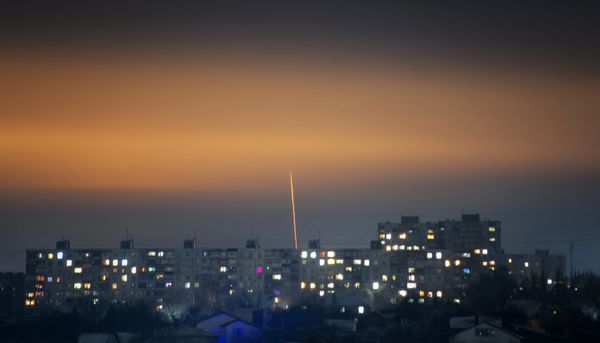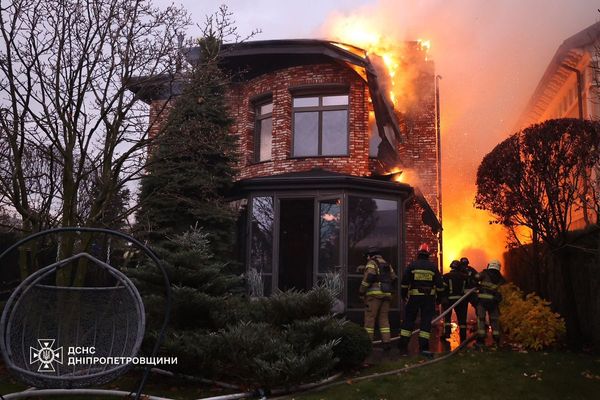
News Corp Australia’s coverage of the First Nations Voice to Parliament referendum is “heavily biased biased in favour of the No campaign”, an analysis of the company’s publications in the last few weeks has found.
Of the News Corp content containing arguments either for or against the Voice, 70% of the arguments were for the No side, compared with 30% for the Yes side.
The analysis – carried out by University of Adelaide researchers on behalf of a group, chaired by ex-prime minister Malcolm Turnbull, which is advocating for a royal commission into News Corp – found the outlet’s opinion commentators were far less balanced than its reporters.
Lead researcher Victoria Fielding said the research showed News Corp content heavily featured references to the prime minister, “typically in a negative light”, meaning the coverage framed the referendum as “all about Anthony Albanese”.
Albanese was either quoted or mentioned in 59% of the coverage, more than Yes advocates Megan Davis, Noel Pearson, Thomas Mayo and Dean Parkin combined.
“This demonstrates that much of News Corp’s coverage frames the voice referendum as about the prime minister instead of presenting it as it really is, which is a grassroots Aboriginal campaign that the prime minister has supported,” Fielding told an online seminar organised on Wednesday night by the Australians for a Murdoch Royal Commission group.
She said the coverage often neglected to mention arguments in favour of the Voice, such as polls that show a large majority of Aboriginal people support the Voice.
“This has become a really key argument of the Yes campaign. But you wouldn’t know it looking at the coverage at News Corp,” Fielding said.
The researchers looked at 731 pieces of News Corp content from July 17 to August 27. They found The Australian was the most balanced, with 40% Yes arguments, followed by The Daily Telegraph with nearly 30%. Sky News Australia was found to have featured only 24% Yes arguments, and The Herald Sun was the least balanced, with 80% No arguments and 20% Yes arguments.
The two commentators that mentioned the Voice most often were Andrew Bolt and Peta Credlin, and both featured almost exclusively No arguments in their coverage. Most other commentators were also found to have been heavily biased towards the No side. Chris Kenny, Tony Bramston and Greg Craven were notable exceptions who featured mostly Yes arguments in their texts and video content.
Reporters like Matt Cunningham (Sky News), Andrew Clennell (Sky News), Rosie Lewis (The Australian), Peter Stefanovic (Sky News), and Laura Jayes (Sky News) were found to have been balanced, featuring a fairly even split of Yes and No arguments in their coverage.
“It’s actually a really important finding that there is some excellent quality journalism being done about the Voice … this balance, though, is actually a smaller proportion of the coverage [compared with] the commentators,” Fielding said.
“The other noteworthy thing about commentators is they tend to get far more views than the reporters.”
Turnbull told the seminar it was important to hold journalists accountable and claimed News Corp’s “bread and butter is division and anger”.
“You cannot allow yourself to normalise this type of misconduct because it is real – it’s the single biggest threat to Western democracy, this type of polarisation driven by entertainment media,” Turnbull said.
Prior to the event, Sky News opinion host Paul Murray (who was found in the analysis to feature mostly No arguments on his program) blasted Turnbull as lacking credibility and defended the channel’s approach to news and commentary.
“The most popular parts of our website come from the opinion hosts … you trust us because we are fearless [and] are incredibly effective at pointing out the absurdities and extremes of what the left are doing,” Murray said on his show.
“I stand by all of the colleagues that I’ve ever worked with about the clear line between news coverage and opinion.. There is no occasion when there is any doubt about which is which.”
Murray also claimed the reason why Sky News has launched a dedicated Voice debate channel is because “the people who run this channel” were concerned they’d be accused of “denying the Yes campaign an opportunity to be heard”.
“You are able to hear the passionate reasons for Yes and the passionate reasons for No” on the channel, Murray said. Crikey has contacted News Corp Australia for comment.







